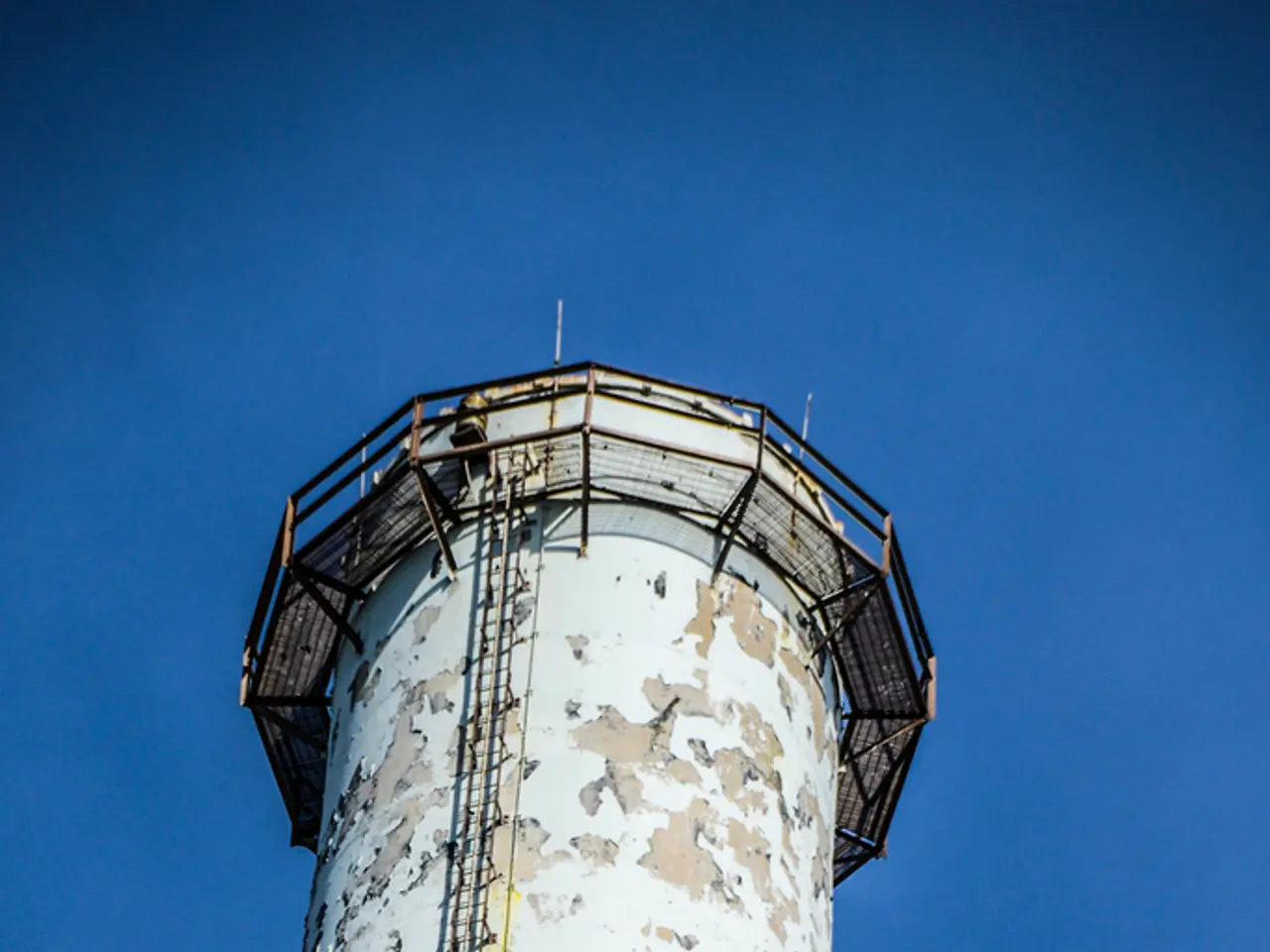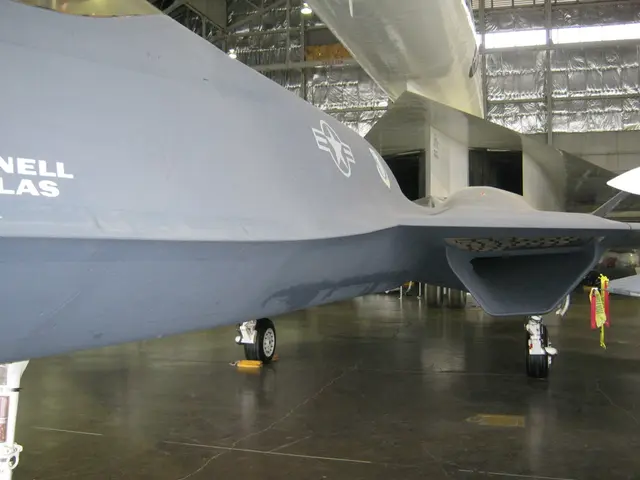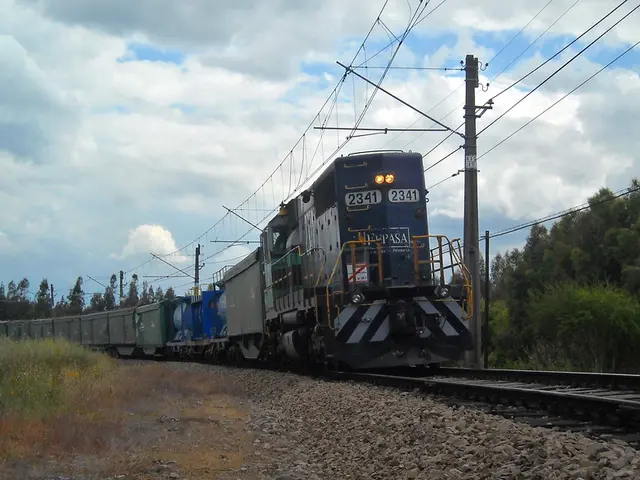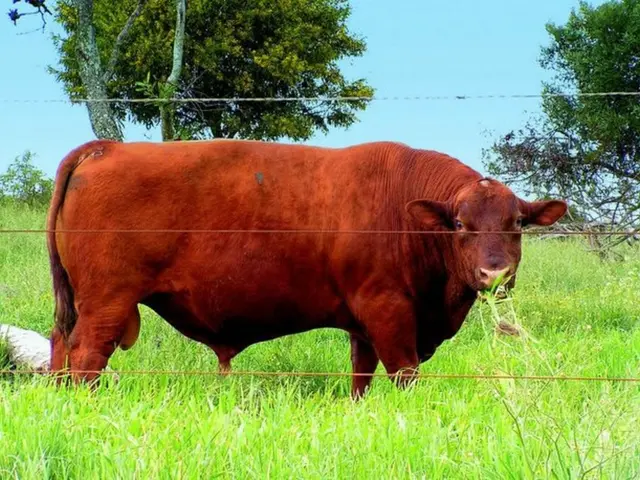Traces of robberies at the Dos Bocas refinery are under scrutiny, with Sheinbaum emphasizing the importance of accountability.
In a shocking turn of events, a series of hacked emails known as the Guacamaya Leaks have shed light on a complex web of fuel theft, corruption, and collusion within the Mexican government. The emails, originating from the Secretariat of National Defense (Sedena), have implicated several government agencies and high-profile individuals in the illegal looting of fuel and other products from Pemex, Mexico's state-owned petroleum company.
At the heart of the scandal is a network led by Elder Rodríguez Torres, known as "La Hormiga," who is said to have paid up to 10,000 pesos to marines and corrupted personnel from various government agencies to steal fuel from Pemex's Olmeca Refinery in Dos Bocas, Tabasco, in 2022. According to the Guacamaya Leaks, this network also had contacts within the delegation of the Attorney General's Office (FGR) in Comalcalco, with a subject known as Serfín. Moreover, the network is reported to have corrupted personnel from the National Guard and Sedena with amounts of 5,000 pesos.
President Claudia Sheinbaum Pardo addressed the issue of thefts within the Dos Bocas Refinery in Tabasco during her morning press conference on September 18 at the National Palace. She highlighted the presence of an administrative scheme for traceability, with tankers requiring identification from a QR code. However, she noted that there is currently no mechanism to track a tanker arriving at a gas station, including its origin, traceability, import information, storage location, and distribution to the gas station.
The President also stressed that there is traceability for refinery outputs in the case of Pemex, with the norm already requiring knowledge of when and how it was imported, and who imported it. Yet, she did not specify a mechanism for tracking refinery outputs beyond the QR code system.
In a related development, private companies are now allowed to import gasoline, a change that occurred in 2013 and has not been altered by subsequent reforms. Until then, Pemex was the only entity that could export or produce gasoline. Gasoline reaches stations through tankers, with private companies also using their own tankers for distribution.
It is important to note that no specific individual has been publicly named or charged in the 2022 fraud case related to the Dos Bocas (Olmeca) refinery of Pemex. The President did mention that there are more controls due to Pemex being a single company, but she did not elaborate on the mechanism for these controls.
As the investigation into the Guacamaya Leaks continues, it remains to be seen how the Mexican government will address these allegations of corruption and fuel theft. The case serves as a stark reminder of the challenges faced in combating organised crime and ensuring transparency in government operations.
Read also:
- United States tariffs pose a threat to India, necessitating the recruitment of adept negotiators or strategists, similar to those who had influenced Trump's decisions.
- Weekly happenings in the German Federal Parliament (Bundestag)
- Southwest region's most popular posts, accompanied by an inquiry:
- Discussion between Putin and Trump in Alaska could potentially overshadow Ukraine's concerns







